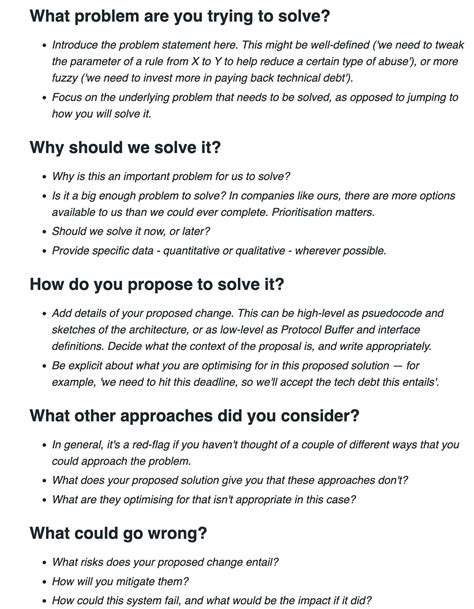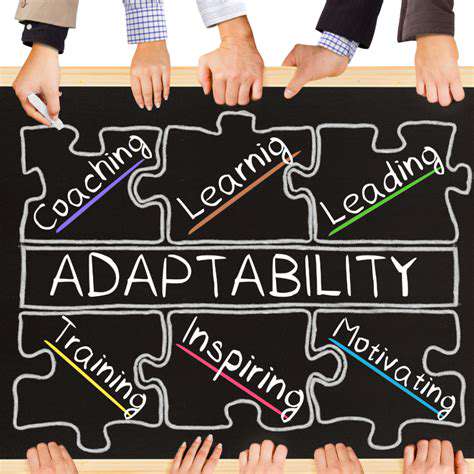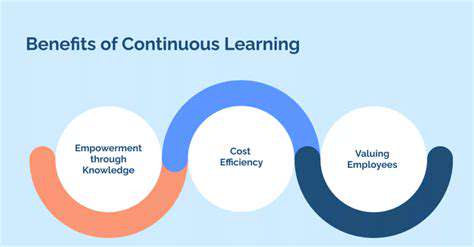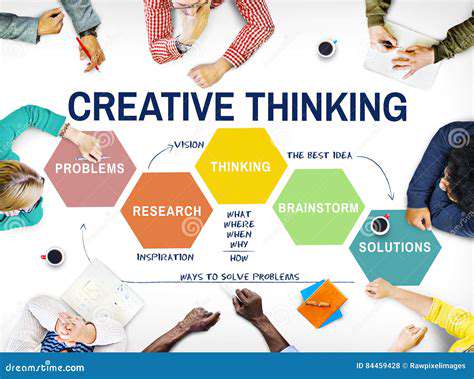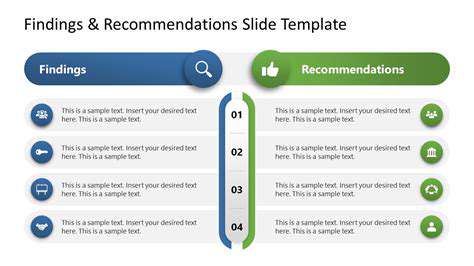Guide to Delegating Tasks Effectively
Identifying Tasks Suitable for Delegation

Identifying Tasks Suitable for Delegation
Mastering the art of delegation is fundamental for optimizing workflows and hitting productivity targets. Pinpointing which tasks to hand off demands a thoughtful evaluation of multiple elements, particularly your team's competencies and the nature of the work involved. Poor delegation choices can spark frustration, derail timelines, and ultimately stall progress.
The process begins with a thorough review of current workloads to spot tasks that can be effectively distributed. This analysis should weigh not just time commitments but also required expertise and the task's potential impact. A strategic approach to delegation can dramatically lighten individual workloads while freeing up time for higher-level initiatives.
Assessing Team Member Capabilities
Task assignments should always follow a careful evaluation of each team member's skill set. Recognizing individual strengths and growth areas is crucial for aligning responsibilities with capabilities. This matching process ensures delegated work supports both immediate needs and long-term professional development.
Key factors include their experience level, past performance on comparable assignments, and demonstrated commitment to quality output. Well-matched tasks can energize team members, fostering greater engagement and accountability.
Evaluating Task Complexity and Scope
Highly complex tasks requiring specialized knowledge or significant decision-making may not be ideal candidates for delegation. These often demand concentrated focus and expertise that can't be easily transferred. Accurately gauging complexity is essential for successful execution.
Routine, well-defined tasks typically make excellent delegation opportunities, allowing team members to build skills while boosting overall efficiency. Carefully assessing scope helps determine what level of support or oversight will be needed throughout the process.
Considering Time Constraints and Deadlines
Effective delegation must account for timing considerations. Before assigning work, evaluate both the recipient's current workload and the task's time requirements. Realistic time assessments are critical for maintaining schedules and preventing bottlenecks.
Understanding Potential Risks and Challenges
While delegation offers numerous benefits, it's not without potential pitfalls. Anticipate possible challenges like communication gaps, unclear instructions, or resource shortages before making assignments. Developing contingency plans helps mitigate these risks.
Crystal-clear communication and precise instructions form the foundation for minimizing delegation risks. Ongoing support throughout the process helps ensure tasks reach successful completion.
Establishing Clear Communication and Feedback Mechanisms
Robust communication systems are vital for effective delegation. Clearly outline expectations, responsibilities, and timelines for each assignment. Provide comprehensive instructions, necessary materials, and structured opportunities for progress updates.
Consistent communication builds trust and alignment, keeping everyone informed and engaged. Incorporating feedback loops allows for timely adjustments, improving both current task outcomes and future delegation effectiveness.
Clearly Defining the Task and Expectations

Defining the Scope of Work
Establishing precise project parameters forms the bedrock of successful execution. This involves delineating boundaries, specifying deliverables, and identifying required resources. Articulating limitations proves equally important as defining objectives, preventing misunderstandings before they arise. Comprehensive scoping enables realistic planning while fostering productive collaboration from project inception.
Effective scope definition also includes risk assessment and contingency planning. This forward-thinking approach helps navigate unexpected challenges while maintaining progress. Documenting scope details creates valuable reference points for accountability and future initiatives.
Expected Outcomes and Deliverables
Concrete, measurable results form the backbone of project planning. Well-articulated deliverables provide clear direction, helping teams focus efforts efficiently. These benchmarks also facilitate progress tracking and performance evaluation throughout the project lifecycle.
Establishing evaluation criteria upfront enables objective assessment of deliverables against predetermined standards. This structured approach supports continuous improvement and accurate impact measurement.
Identifying Key Stakeholders and Their Roles
Successful projects require clear understanding of all involved parties. Comprehensive stakeholder analysis ensures all perspectives and needs receive proper consideration. Defining roles prevents duplication of effort while optimizing resource allocation.
Thoughtful role definition serves as proactive conflict prevention, fostering smoother collaboration. This clarity helps build engagement and commitment across the project team.
Establishing Clear Communication Channels and Protocols
Effective information flow is non-negotiable for project success. Defining preferred communication methods and reporting procedures maintains transparency and accountability. This structured approach builds trust while enabling prompt issue resolution.
Equipping Your Team Member for Success
Understanding the Importance of Preparation
Thorough preparation sets the stage for successful delegation. This means going beyond basic instructions to provide context, potential challenges, and success criteria. Comprehensive preparation minimizes ambiguity while building confidence in team members.
Anticipating needs and providing relevant resources demonstrates commitment to their success. This investment in preparation pays dividends through higher quality outcomes and professional growth.
Matching Tasks to Skills and Resources
Strategic task alignment considers both current capabilities and development potential. Assigning work that stretches but doesn't overwhelm team members optimizes both immediate results and long-term growth. Ensuring access to necessary tools and support completes this equation.
Establishing Clear Communication Channels
Open communication pathways enable real-time progress tracking and timely support. Regular check-ins create opportunities for guidance while maintaining momentum. This ongoing dialogue fosters collaboration and quick issue resolution.
Providing Support and Resources
Effective delegation means empowering rather than simply assigning. Offering guidance, training, and access to expertise demonstrates investment in team success. This supportive environment encourages initiative while building capability for future challenges.
Read more about Guide to Delegating Tasks Effectively
Hot Recommendations
- How to Stay Productive While Working Remotely
- Tips for Managing Conflict with Coworkers
- Entrance & Certification Exams (升学考试)
- How to Improve Your Storytelling Skills (Speaking)
- How to Find Profitable Side Hustles
- Tips for Preparing for the TOEFL iBT Home Edition
- Guide to Switching Careers from [Industry A] to [Industry B]
- How to Run an Effective Hybrid Meeting
- Tips for Marketing Your Side Hustle on Instagram
